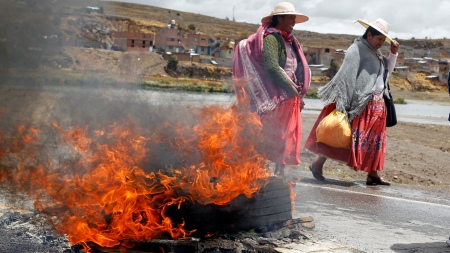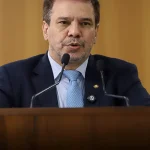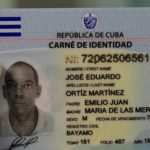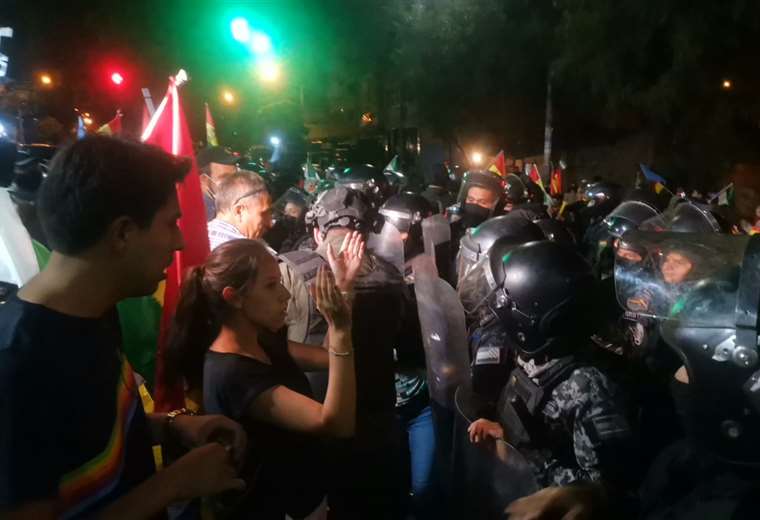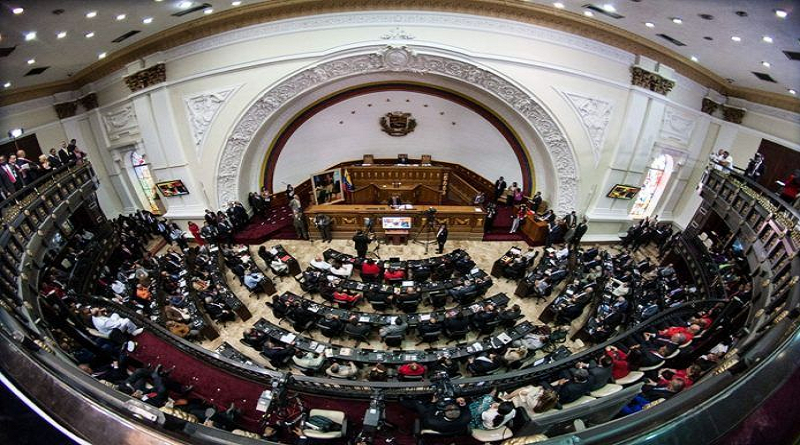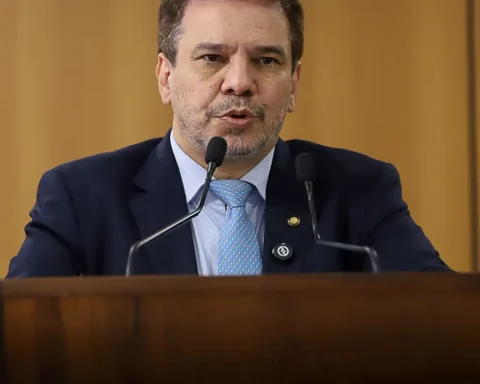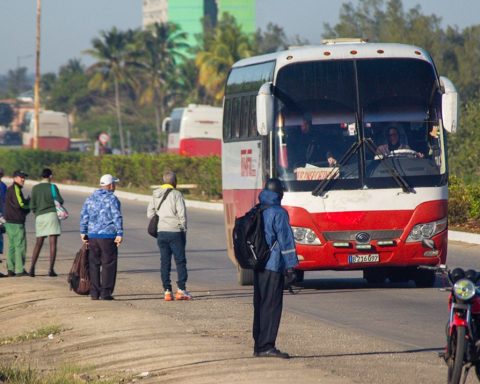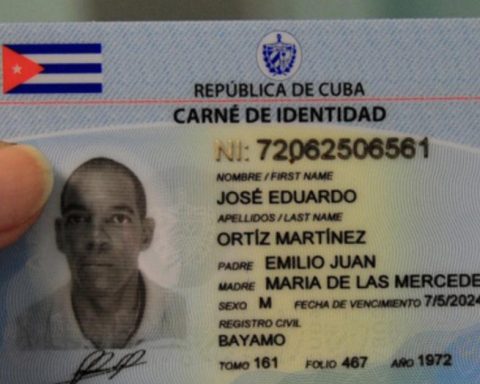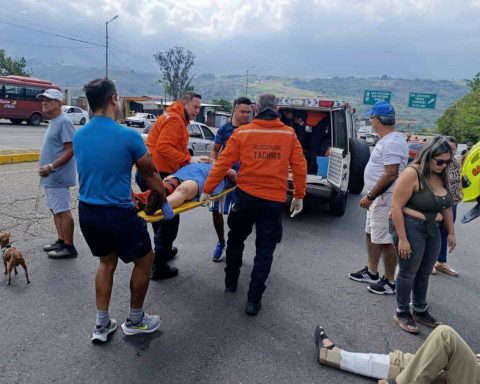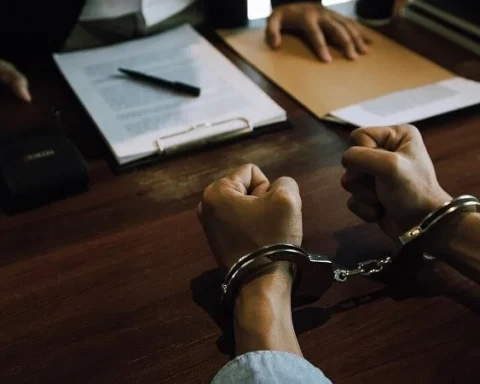The call for a “national truce” made on Tuesday by the President of Peru, Dina Boluarte, had no effect and, on the contrary, preceded new clashes, more militarization and the departure of another minister, Sandra Belaunde, who resigned this Wednesday to Production.
“The demand of the leaders is that the president resign and the president does not want to resign,” political scientist Roger Santa Cruz told Télam.in reference to why there is no future for the “truce” that, without specifications, the president raised at a press conference.
Santa Cruz highlighted that Boluarte did not attempt any mea culpa. On the contrary, he insisted that the protests are financed by illegal mining and drug trafficking and that some dead have been killed with Bolivian weapons, a version of which no evidence has been given so far.
As soon as the president finished her approach, in several cities the mobilizations were reactivated that began on December 7 and that, in the case of Lima, the most reticent city to join, have already completed a week without rest.
It all began with the dismissal by Congress of President Pedro Castillo, who previously tried to dissolve Parliament and decree a State of exception without popular or military support, which aborted with a reaction that put Vice President Boluarte at the forefront, coming from the left as his predecessor.
Boluarte announced that he intended to stay until 2026, ignoring the clamor for immediate general elections for the Executive and Legislative, and aligned himself with the right. What generated a rapid distancing with his bases.
When he corrected and spoke of early elections, there were already deaths and the divorce became practically irreversible.
“According to official figures, the Ecuadorian social outbreak of 2019 caused six deaths; that of Chile, that same year, 34; that of Colombia in 2021 produced 29 deaths. Peru, in six weeks of the government, counts 55 deaths without assuming political responsibility ”, says a text signed by several of the most renowned Peruvian social scientists.

“We are very aware that there are violent and anti-democratic groups interested in escalating the confrontation and thus undermining democracy. Groups that have committed barbaric acts (…). However, the State is under the obligation to distinguish criminal acts from legitimate protest,” the document adds.
“If the president is only able to offer the country confrontation and violence, she should resign”says the text, signed by experts of various tendencies.
According to the Lima daily La República, Boluarte has been on the verge of resigning twice, but has been prevented from doing so by his prime minister, Alberto Otárola, perceived as the strong man of the regime.
According to those unconfirmed versions, Otálora has told the head of state that if she resigns, both will have to face the courts for excessive violence. In exchange, he has offered support from the Justice, the Prosecutor’s Office, the political right and the media and economic powers.
For now, the Prosecutor’s Office is advancing in preliminary investigations against Boluarte and his chief of staff, while a group of lawyers denounced them before the International Criminal Court for “crimes against humanity.”

The violent entry into Lima by the Police of the San Marcos State Universitythe largest in the country and the oldest in America, also generated great discomfort: 193 alleged “extremists” were arrested, without the procedures that are applied even in a state of emergency and with denounced excess of force.
In the end, 191 were released unconditionally in a few hours because there was no evidence against them, one was summoned to clarify cases and only one was detained for an old complaint unrelated to the issue.
The Inter-American Commission on Human Rights, the Office of the United Nations High Commissioner for Human Rights, the European Union and several neighboring states have expressed concern about what is happening.
Boluarte, a 60-year-old lawyer who, like Castillo, comes from a poor, Quechua-speaking Andean family, insists that Congress advance soon on the exact date for the elections, initially set for April 2024, although the opposition wants them to be in 2023. .
The president struggles to survive in power. If she resigns, her place would be taken by the head of Congress, José Williams.but this one has more antibodies, so the way out proposed by experts is for Parliament to look for a more “digestible” figure to prosecute the electoral process.
